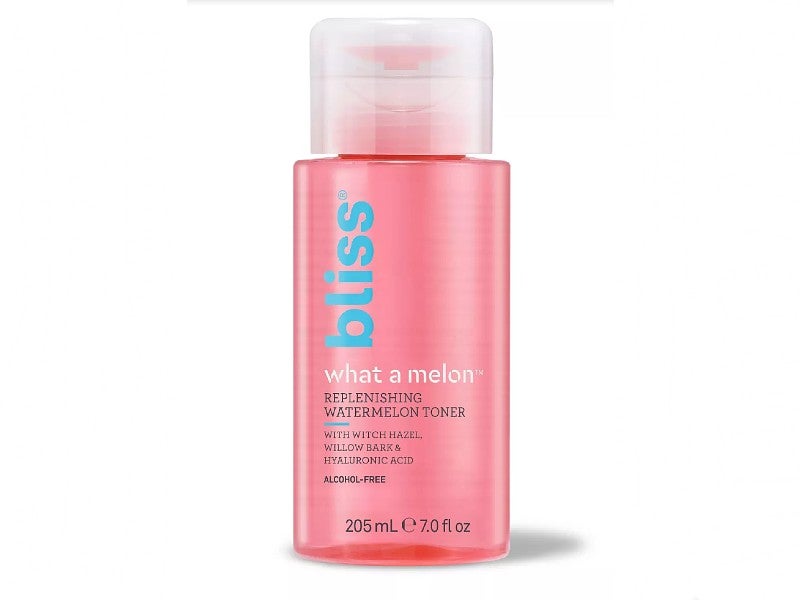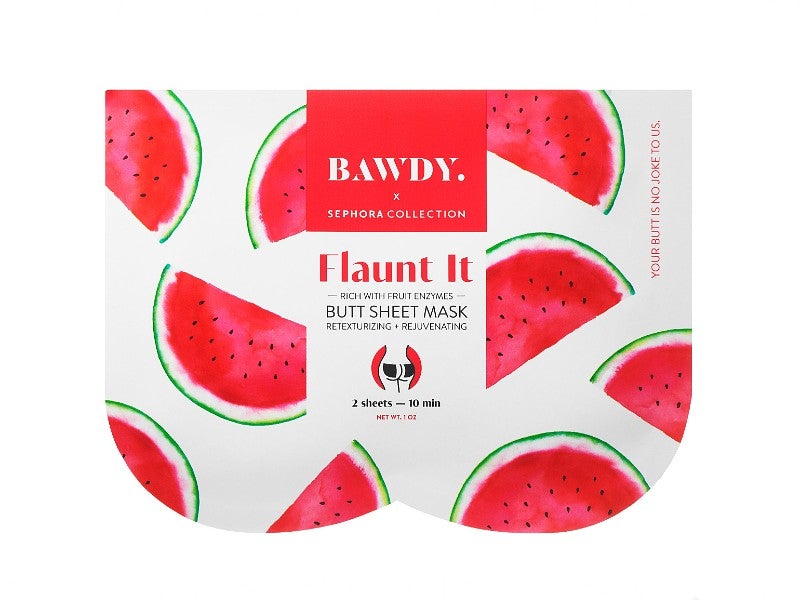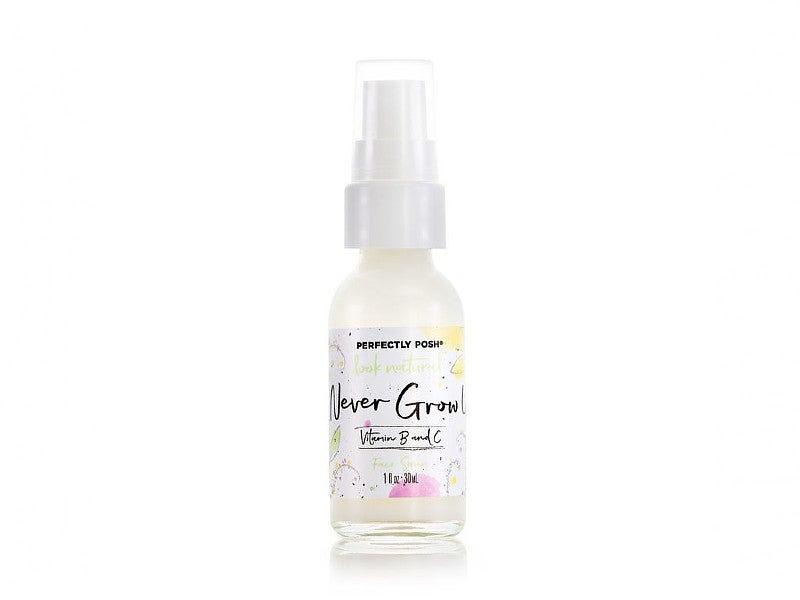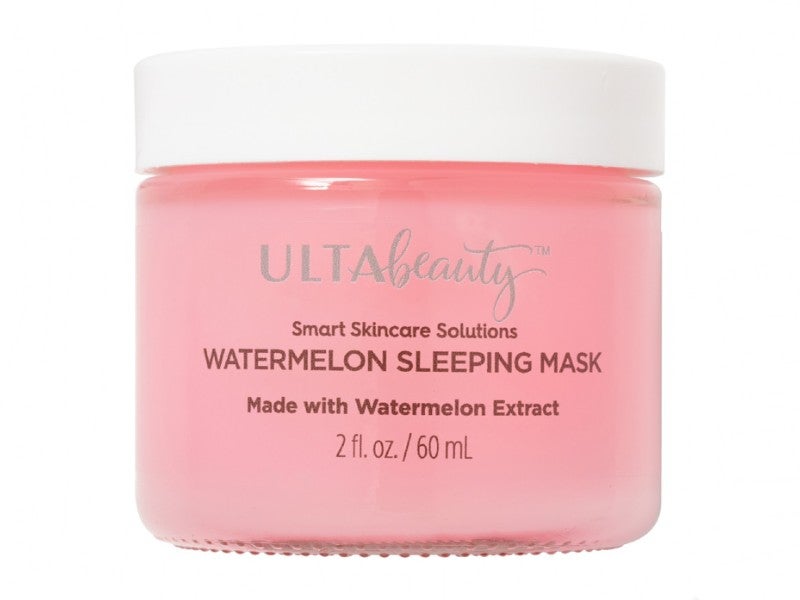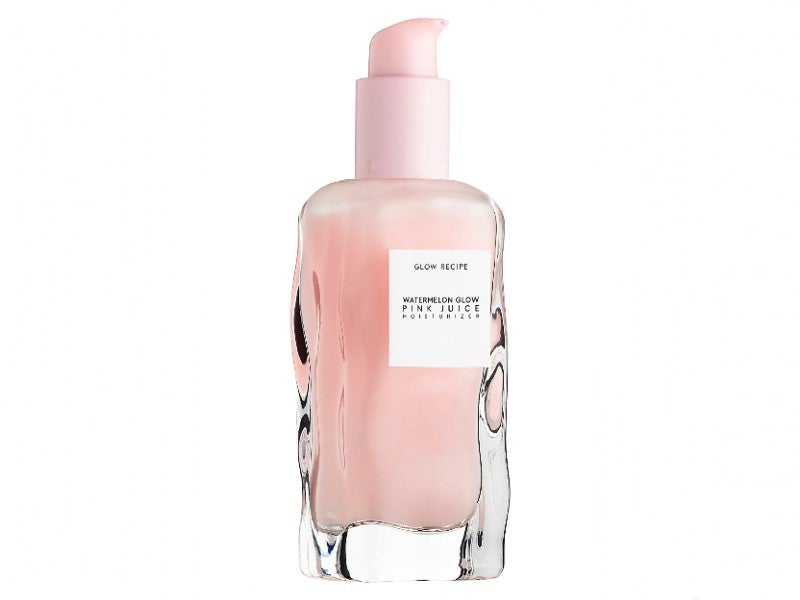
With Saturday’s celebration of National Watermelon Day, it’s easy (and fun) to run out and fill your beauty bag with loads of watermelon-infused skin care products touting benefits that’ll take your skin to the next level. We know how delicious, hydrating, and filling actual watermelon can be. It’s one of the things many of us look forward to most about summer.
And we know that the fruit has many health benefits when eaten. But how do you know if its beauty counterparts are really helpful to your skin health?
Before breaking out our coins, we tapped two top board-certified dermatologists in New York City, Rosemarie Ingleton, M.D., dermatologist and medical director of Ingleton Dermatology, and Fran E. Cook-Bolden, M.D., dermatologist, cosmetic and laser surgeon and assistant clinical professor of dermatology at Mount Sinai Health Center, to get their expertise on whether watermelon-infused skin care products truly have benefits.
According to our dermatologists, watermelon-infused skin care products offer benefits for the skin such as hydration, delivery of nutrients and amino acids, antioxidant protection, and mild exfoliation. Watermelon is 92 percent water, which makes it great for the heat and humidity of the summer, and especially helpful for those with dull and dehydrated skin.
“Watermelon in skin care most likely takes advantage of the content of vitamins such as A, B6 and C, and antioxidants like lycopene contained in the fruit,” said Ingleton. “Antioxidants benefit the skin by reducing free radical formation and retarding the aging process. Vitamin A can help with collagen stimulation and therefore help to reduce the appearance of wrinkles.”
Antioxidants deliver anti-aging benefits, and watermelon has many because its packed with all those vitamins, as well as vitamin E, which provides protection against UV radiation from the sun. Our experts broke it down by the numbers, the nutrients, and the benefits of just one cup of watermelon:
- Vitamin C: 21% of the Reference Daily Intake (RDI) – promotes skin brightening to correct dark spots and uneven skin tone.
- Vitamin A: 18% of the RDI – contains retinols and retinoids that promote skin collagen and elastin, and also minimizes the appearance of pores.
- Potassium: 5% of the RDI – keeps skin cells hydrated and promotes cell growth.
- Magnesium: 4% of the RDI – reduces inflammation and acne causing hormonal imbalance.
- Vitamins B1, B5 and B6: 3% of the RDI – neutralizes harmful toxins that can result in skin aging, and absorbs moisture to keep skin hydrated.
“When considering nutrient ‘infused’ skin care, the delivery system is important. A product that only sits on the surface of the skin may not provide benefits to the same degree as those with some amount of penetration or skin absorption,” said Cook-Bolden. “In skin care today, we are very lucky to have advanced technology focused on absorption and delivery into the skin which is used in many products.”
Shop Watermelon Skin Care







